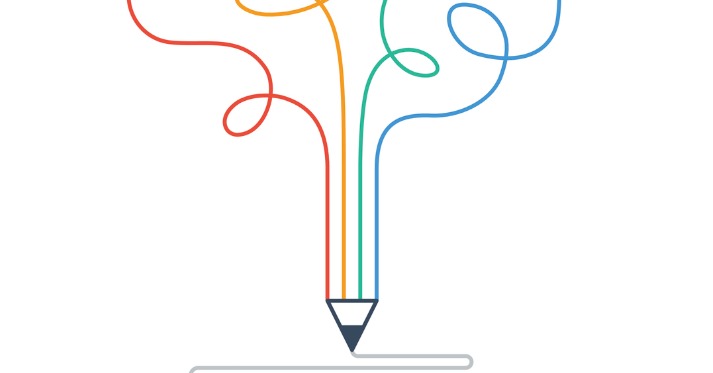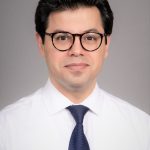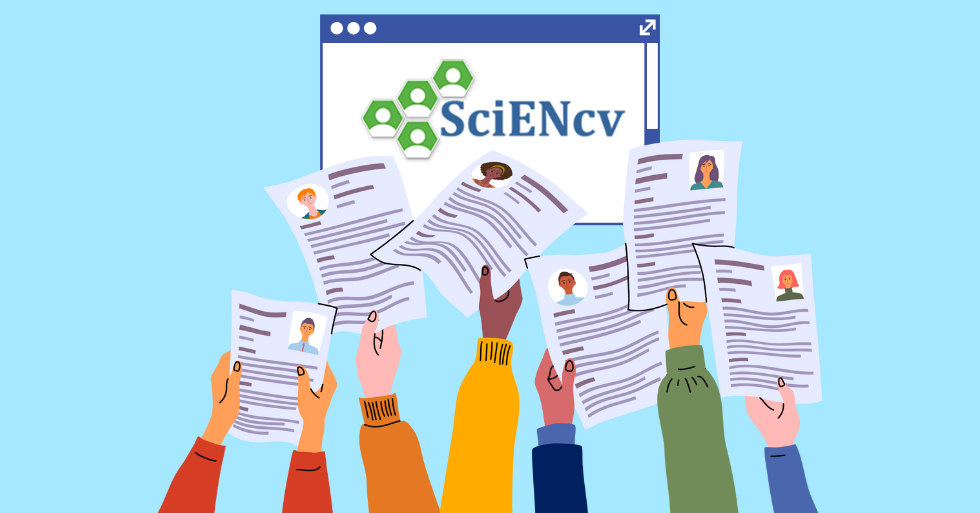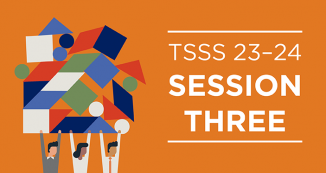
01 Dec ITHS Grant Writing Course Helps 3 Students Get Funded!
There’s not a more exciting time during the year for professors Larry Kessler, Sc.D, and Annette Fitzpatrick, PhD, than when they are getting ready to teach their Grant Writing Course for Clinicians at the University of Washington School of Medicine (SOM). “Seeing the breadth of the work these students are planning and learning more about their research questions before the course begins is very motivating,” shared Professor Kessler. “We begin the course hoping the efforts put into these 12 weeks result in a funded grant! And often it happens!” added Professor Fitzpatrick.
The idea of offering the Grant Writing Course for Clinicians at SOM sprang up over a year ago when Professors Fitzpatrick and Kessler determined that it was much needed. They had been leading a course called “Preparing, Writing and Critiquing Scientific Research Proposals” for the School of Public Health over the past 7 years. This class is primarily attended by Epidemiology and Health Services PhD students and is very popular. However, there were only a few spots open for clinicians who were in an MPH or other graduate degree program.
According to Professor Fitzpatrick, “We realized there was a great need to teach these skills to SOM/Nursing and other clinical junior faculty who were not enrolled in a graduate degree program. So we developed our current module specifically for this audience.”
We begin the course hoping the efforts put into these 12 weeks result in a funded grant! And often it happens!
The grant writing course is a 12-week, interactive program for clinicians where projects begin as ideas for a grant and become a fully submittable grant by the course conclusion. Weekly sessions include didactic lectures, repeated submissions and review of grant sections, attention to career development grants, and culminating in a 3 to 4-hour mock study section where each class members’ grant is reviewed by peers with faculty mentor participation. Class participants get to hear about various grant mechanisms, and they learn how to submit a grant to the NIH. In addition to learning from their teachers, they learn from each other during peer review.
“In addition to targeting NIH and foundation research grants, we address preparing career development awards that include sections beyond the science of a research proposal,” said Professor Kessler. “We’ve only offered it twice so far (last Winter and this Fall) but will see what demand is for future offerings.”
The winter grant writing course has already shown great promise. Three of the students, Alyssa Huang, MD, Chengcheng Zhu, PhD, and Majid Chalian, MD, were funded after completing the course and using it to work on their proposals. There is no doubt that this grant writing course is a strong offering for graduate students who aim to develop their research.
Meet the students
Dr. Chalian is the Interim Chief, Musculoskeletal Imaging and Intervention, Director of Musculoskeletal MRI and Assistant Professor of Radiology at the University of Washington. “I have participated in other grant writing courses at a national level,” he told us. “The UW Grant Writing course is different. You feel connected with the teachers, get ample opportunity to ask questions, your grant gets edited extensively, you will receive un-biased comments, and last but not the least, friendship and collaboration with other investigators at UW. I found it an exceptional opportunity and highly recommend this to all early investigators.” After completing this grant writing course, Dr. Chalian received from the Radiological Society of North America R&E Foundation Grant a 150k award for his research titled “Predicting Treatment Response to Neoadjuvant Radioimmunotherapy (NRIT) in High Grade Soft Tissue Sarcoma (STS) with MRI-Based Radiomic Signature.”
Your grant gets edited extensively, you will receive un-biased comments, and last but not the least, friendship and collaboration with other investigators at UW
Dr. Huang is Acting Assistant Professor of Pediatrics at the University of Washington and part of the Division of Endocrinology and Diabetes at Seattle Children’s Hospital. She shared her experience taking this course: “Larry and Annette developed a curriculum that laid out the nuts and bolts of writing research proposal and went through writing a research proposal in a systematic way. The course was made all the more worthwhile as I was actually working on my very own grant and getting constructive feedback weekly. By the end of the two months, I had completed a proposal.” Dr. Huang’s research project was funded by the University of Washington Diabetes Research Institute Pilot and Feasibility Grant of $50,000/year for 2 years starting July 2021-June 2023. Her study’s title is “The interactions of Disordered Eating Behavior, Glycemic Control, and Adiposity on Hypothalamic Gliosis in Adolescents and Young Adults with Type 1 Diabetes.”
I was actually working on my very own grant and getting constructive feedback weekly. By the end of the two months, I had completed a proposal
“I was so grateful to have received the DRC P&F grant and the NIDDK supplement,” Dr. Huang said. “I had been working on this research idea for the last year and being a part of the Grant Writing course helped me develop my initial proposal into a successful grant. As a relatively new junior faculty member, I have been mostly focused on clinical work and seeing patients. My previous research was basic science and understanding how diet affects the neurobiology of feeding regulation in murine models. This grant is a major stepping stone for me to shift gears and start focusing on clinical research that will hopefully have impactful results for our adolescents and young adults with diabetes and disordered eating behavior.”
For Dr. Zhu, who is Assistant Professor at the Department of Radiology, taking this course was an enhancement to his already solid grant writing experience. “Although I was a K award recipient prior to taking this course and had already some experience in grant writing, this course was very useful to me,” he shared. “The detailed comments and suggestions I received from teachers and also class mates made my proposal much more refined. The 2-month timeline is really great. It pushes me to finish a first draft piece by piece. You will have a submittable grant at the end of the course.” Dr. Zhu received an NHLBI R01 for a total of $2.5M for five years. His research project is called “Investigation of the quantitative intracranial aneurysm wall enhancement and geometric features associated with aneurysm volume growth.”
Although I had already some experience in grant writing, this course was very useful to me
The Grant Writing Course for Clinicians is an intense class requiring dedication from the attendees and their mentors to produce a fully formed grant within 3 months. The knowledge gained, however, will last years and help class members become funded investigators.
According to Dr. Chalian, “Investigators may find materials and timeline a little bit dense and hard to follow at first, but trust your teachers. They know what they do!”












